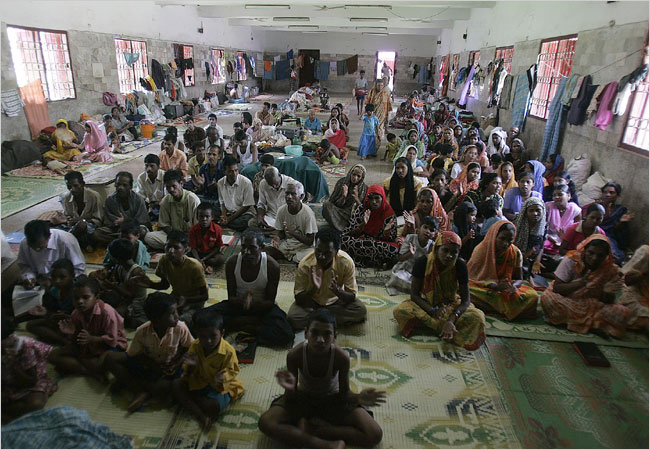Mark Bittman–author of the most essential cookbook ever (I open it just about every single week)–offers cautious hope about the state of our food culture in this weekend’s NY Times Magazine:
[F]ood continues to be fetishized; organic food has been commodified; the federal government subsidizes almost all of the wrong kinds of food production; supermarkets peddle way too much nonreal food (“junk food” or, to use my mother’s word, “dreck”); and weight-loss diets still discourage common-sense eating.
But questions like “Would you prefer a mass-produced organic grape from Chile or a nonorganic one from a backyard vine in Upstate New York?” are more common in conversation, and the dialogue about food routinely includes words like locavore, vegetarian, sustainable and flexitarian.
The real issues — how do we grow and raise, distribute and sell, prepare and eat food? And how do our patterns of doing these things affect the rest of the world (and vice versa)? — are simply too big to ignore.
And if we are obsessing about where our food is from and how it’s grown rather than whether our fries are cooked in beef fat or “cholesterol-free oil” (or, even worse, whether our gold-leaf-topped foie gras is good for us), this is progress.

